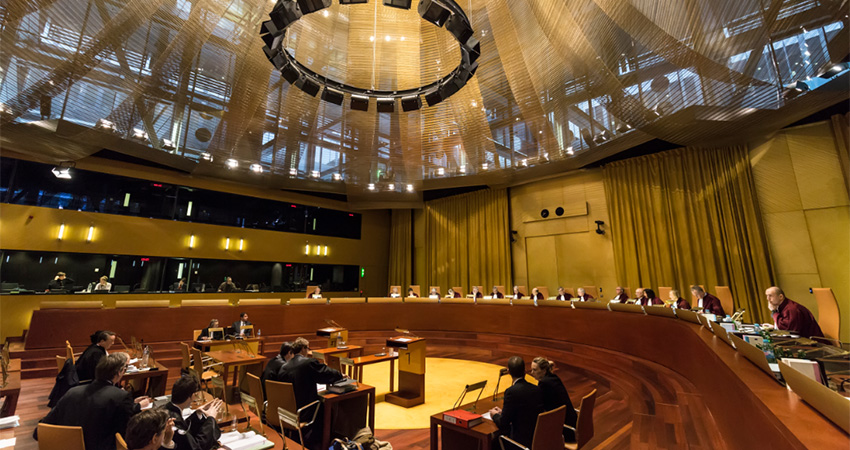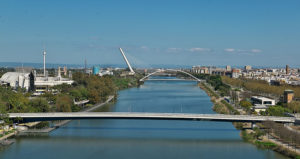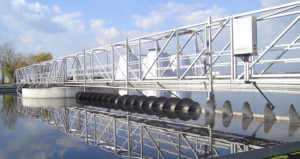EU takes Greece to court over poor waste water treatment

-
 Editorial Team
Editorial Team
Share article:
Greece is facing high fines for poor waste water treatment in the area of Thriasio Pedio. In 2004 the European Court of Justice ruled that Greece was violating European law by not adequately collecting and treating waste water discharged into the Gulf of Elefsina. According to the European Commission, Greece has not been able to solve this problem in eleven years.
The lack of adequate treatment systems in the area of Thriasio Pedio poses risks to human health, inland waters and the marine environment. The European Commission (EC) is asking the European court to impose a lump sum from the date of the first judgment until the Member State has rectified the infringement or in the absence of compliance until the date of the second judgment, based on a daily amount multiplied by the number of days the infringement persists, leading, up to now, to a sum of nearly 16 million euros.
Penalties
The EC is also proposing a daily fine of nearly 35.000 euros, which would be paid from the date of the Court ruling until Greece fully complies with EU law. These penalties, proposed by the European Commission under the Lisbon Treaty, take into account the seriousness of the infringement, its duration, and the deterrent effect reflecting the ability to pay of the Member State. The final decision on the penalties rests with the Court.
Only 28 % of the urban waste water is collected and treated before being discharged into the Gulf of Elefsina. The collection rate has almost not improved since July 2012 when the waste water treatment facility started operating. In view of this continued infringement, and in the absence of any indication as to when this will come to an end, the Commission has decided to refer the case back to the Court of Justice of the EU.
Background
The Urban Wastewater Treatment Directive requires Member States to ensure that agglomerations properly collect and treat their urban waste water. Untreated waste water can be contaminated with harmful bacteria and viruses and thus presents a risk to public health. It also contains nutrients such as nitrogen and phosphorous, which can damage freshwaters and the marine environment by promoting excessive growth of algae that chokes other life, a process known as eutrophication. Proper waste water treatment is also an important factor in ensuring a thriving tourist industry, which is a key sector for the Greek economy.
In a similar case, on 15 October 2015, the Court condemned Greece to pay penalties for failing in its obligation to comply with a 2007 judgment concerning the treatment of urban waste water in 23 agglomerations. In that case, the Court decided that Greece should pay a fixed sum of 10 million euros and a sliding-scale periodic fine of € 20.000,- per day.

















